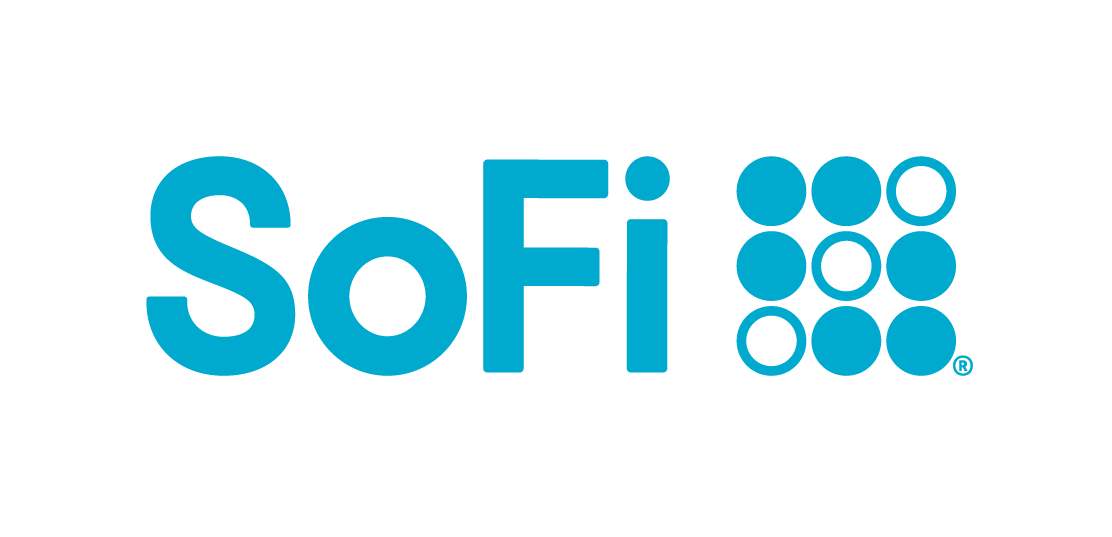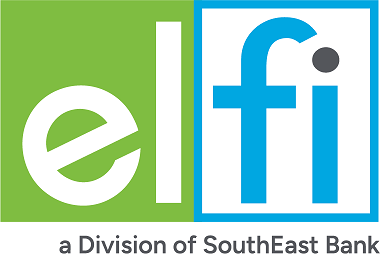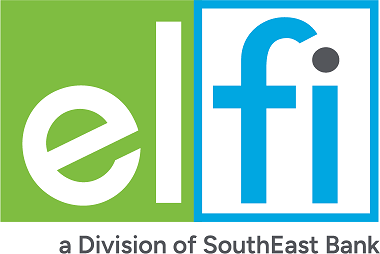Private student loans, available through banks, credit unions, online lenders, and other financial providers, can help bridge the gap when scholarships, grants, or federal aid don’t fully cover your college expenses.
Unlike federal loans, private student loans have their own set of terms, interest rates, and repayment conditions. These loans typically involve a credit check and might need a co-signer if you have a low credit score or limited income. The interest rates for private loans can either be fixed or variable.
For students who have utilized all available financial aid resources and require extra funds for college expenses, private student loans could be a viable choice. Nonetheless, it is essential to conduct a thorough comparison of costs and terms with federal loan options before making a decision.
- When applying for a private student loan, students should be aware of the loan requirements and do research into various lenders to compare interest rates, fees, benefits, and repayment terms.
- Students will need to complete an application with the lender(s) of their choice and submit supporting documents.
- A cosigner for the loan may be necessary to borrow a private student loan.
- Your credit score and history are important when applying for a private student loan because they help lenders determine your creditworthiness and ability to repay the loan.
- Private student loans can offer several repayment options, including deferred repayment, interest-only payments, and immediate repayment.
Types of Student Financial Aid Available
There are several financial aid options available to help you pay for college. Here are some of the most common ones:
- Federal Student Aid: This includes grants, work-study programs, and loans offered by the U.S. Department of Education. To be considered for federal student aid, you need to complete the Free Application for Federal Student Aid (FAFSA®).
- State Financial Aid: Many states offer their own financial aid programs to help students pay for college. These programs may include grants, scholarships, and loans.
- Institutional Aid: Many colleges and universities offer their own scholarships, grants, and other forms of financial aid to students. Check with your school's financial aid office to see what options are available.
- Private Scholarships: There are many private organizations that offer scholarships to students based on academic achievement, athletic ability, community service, and other factors. You can search for scholarships online or through your school's financial aid office.
- Private Student Loans: As we discussed earlier, private student loans help pay for the costs associated with going to college and are provided by private lenders. These loans can be used cover expenses not covered by other forms of financial aid.
Qualification Requirements for Private Student Loans
Your credit score and history are important when applying for a private student loan because they help lenders determine your creditworthiness and ability to repay the loan. Private student loans are not guaranteed by the government like federal student loans, so private lenders rely on your credit score and history to assess the risk of lending money to you.
Here are some specific ways your credit and employment can affect your ability to qualify for a private student loan:
Loan Approval:
Your credit score and history are used by lenders to determine if you are approved for a private student loan. A higher credit score and positive credit history make it more likely that you will be approved for a loan.
Your debt-to-income ratio will be evaluated. Lender’s will look at your outstanding debts and compare that to how much you make to determine your ability to repay any additional debt.
Your income will help lenders see that you have a stable source of money and can repay the loan. It’s important to demonstrate an ability to repay the loan.
Interest Rates:
Lenders will offer you either a fixed interest rate or a variable interest rate. A fixed rate will remain the same over the life of the loan, while a variable rate can change and go up or down depending on current market conditions. The interest rate on your private student loan is often based on your credit score and history. The better your score the lower your rate, while a low score can result in a high rate.The interest rate on your private student loan may be affected by your income and employment status. Lenders may offer lower interest rates to borrowers with higher incomes or stable employment.
Cosigner:
If you have a limited credit history or low credit score or no stable source of income or employment, lenders may require you to have a creditworthy cosigner for your private student loan. The cosigner should have a good credit history and score and will be primarily responsible for repaying the loan.
Loan Limits and Repayment Terms
Private student loan limits and repayment terms vary depending on the lender and the borrower's financial situation. Here are some general guidelines:
Loan Limits:
Private student loans don’t technically have “loan limits” but your school and lender can limit what you can borrow. The amount you can borrow will depend on the lender, but it can range from a few thousand dollars up to the cost of attendance minus any other financial aid received up to the total cost of attendance.
Repayment Terms:
Private student loan repayment plans can vary widely depending on the lender and the borrower's creditworthiness. Here are some common repayment loan terms:
Repayment Period:
Understanding the repayment period is crucial when repaying a loan. It can vary between 5 to 25 years, depending on the lender and the borrowed amount. When it comes to interest rates for private student loans, they can either be fixed or variable. Your credit score and other factors will determine the interest rate you receive. Private student loans provide different repayment options like deferred repayment, interest-only payments, and immediate repayment. Luckily, some lenders offer interest rate discounts if you set up automatic monthly payments.
Applying for a Private Student Loan
The process for applying for a private student loan can vary depending on the lender, but here are some general steps to follow:
- Research and Compare Lenders: Research and compare private student loan lenders, looking at their interest rates, repayment terms, and fees. Use online comparison tools or talk to a financial aid counselor for guidance.
- Check Eligibility Requirements: Check the eligibility requirements for each lender to see if you meet the credit score, income, and other requirements. Gather Required Information: Gather the information you will need to apply, such as your social security number, income information, and school information.
- Apply for the Loan: Complete the application process, either online or by mail, and provide all the necessary information and documentation. You may need to provide additional information or documentation if requested by the lender.
- Receive Loan Offer: If approved, you will receive a loan offer that includes the loan amount, interest rate, and repayment terms.
- Review and Accept Offer: Review the loan offer carefully, including the interest rate, repayment terms, and any fees. If you decide to accept the loan offer, sign, and return any required documents to the lender.
- Receive Loan Disbursement: Once the lender has received all the required documents and your school has certified the loan, the funds will be disbursed to your school to cover tuition and other eligible expenses.




















